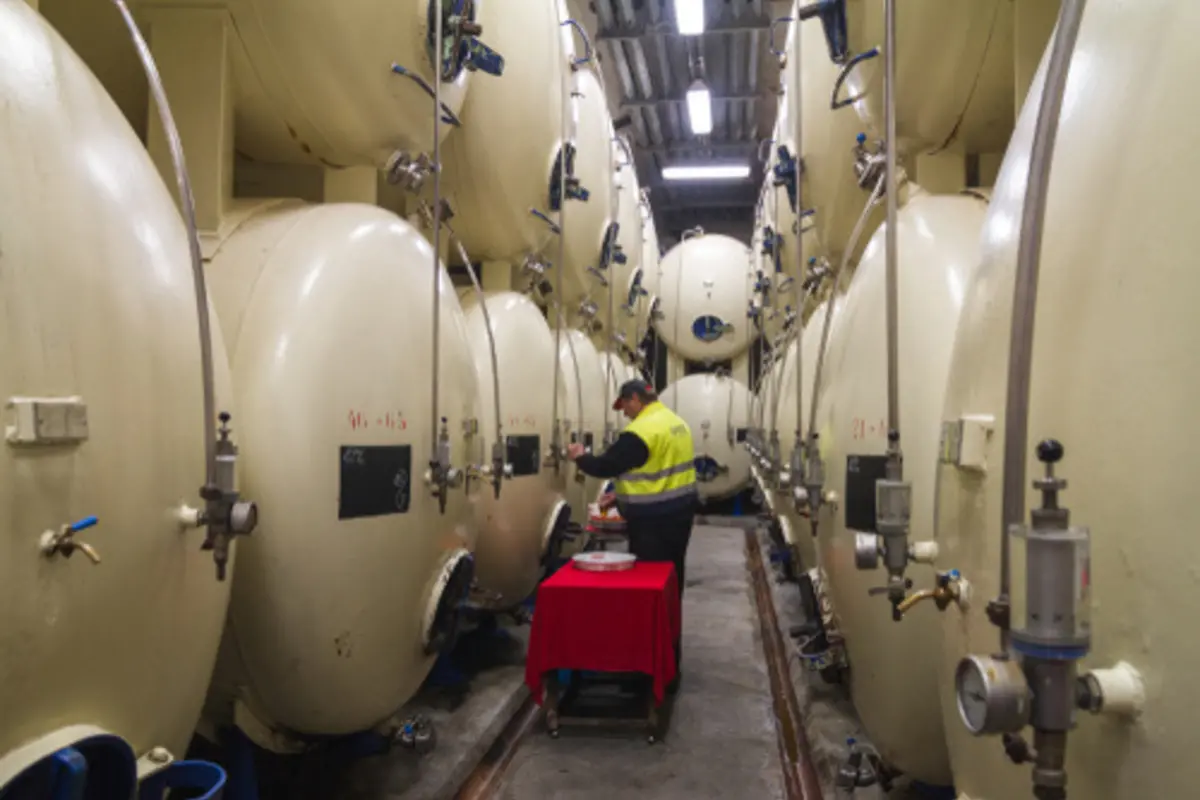Case study
Challenge: An international brewer was capacity constrained in the fermentation/storage area and needed to release capacity to increase volume and meet demand. Fermentation required 7 days, of which 2-3 days were diacetyl rest (giving the yeast time to take up diacetyl and turn it into acetoin).
Sure, the brewer could expand capacity through a large capital expenditure. But with high energy and raw material prices already presenting challenges, avoiding CapEx was preferable.
Solution: Reducing the required occupancy time of the fermenter by two days, Maturex® Pro was the answer. Maturex® Pro converts alpha-acetolactate (produced by the yeast) to acetoin, avoiding diacetyl. (The customer measured diacetyl in spec when the beer attenuated). Considering fermentation, cooling and cleaning, the result was an estimated 15-20% reduction – a significant capacity release.
Application is key to the success of the enzyme. In some cases, it needs to be “around” the yeast before the yeast produces alpha-acetolactate. If there is a layering in the fermenter and the product was applied long after the yeast was pitched, the yeast releases alpha-acetolactate – which turns into diacetyl by spontaneous decarboxylation. Once diacetyl is produced, the yeast must take it up and convert it to acetoin.
Maturex® Pro only works on alpha-acetolactate.
Location: Europe



